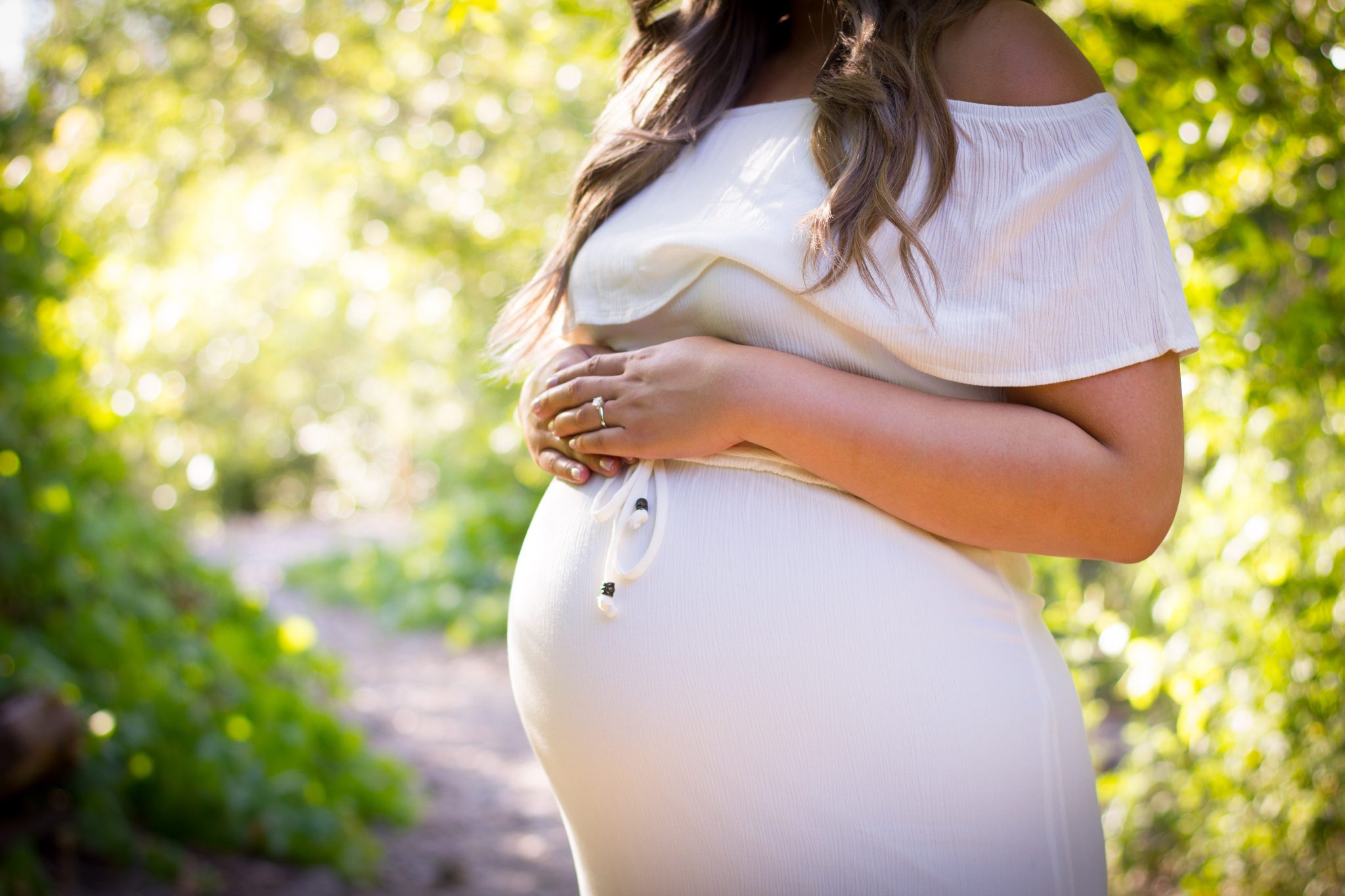
Whether you are pregnant now or hoping to become pregnant soon, you can start preparing your mind and body to grow your baby. Here are 5 areas you can focus on before or during your pregnancy to help give both you and baby the best pregnancy possible.
Exercise is important
Being pregnant and giving birth are physically challenging tasks. Exercise can reduce your risk of gestational diabetes and preeclampsia, lower your weight and improve your cardiovascular system. There are many misconceptions about exercise during pregnancy, but it’s very safe and healthy for most women. Do talk to your GP before changing your usual exercise plan, and avoid potentially dangerous activities (like horse-riding, for example).
Focus on nutrition
While people might try to get away with blaming their poor diet on “eating for two”, the truth is that nutrition before and during pregnancy is incredibly important. That doesn’t mean you can’t treat yourself on occasion, but try to make the majority of your diet feature healthy options. Some foods will need to be restricted (like caffeine) or cut out completely (deli meats and soft cheeses), so you might want to start reducing your intake now. A prenatal vitamin that includes folic acid is also very important to the health of you and your baby.
Make a plan, but go with the flow.
Before falling pregnant or giving birth, you should spend some time researching pregnancy and birthing options and thinking about how you want them to go. That being said, an over-complicated or inflexible plan can be more stressful than helpful. Think about your main preferences, but don’t forget that pregnancy and birth are sometimes unpredictable. Make sure the people around you know what you want – but don’t get too hung up on everything going to plan. A happy and healthy Mum and baby should be everyone’s top priority.
Change your chores
Great news – there are jobs you’ll just have to pass on! Any jobs that involves potentially harmful chemicals needs to be given to someone else wherever possible. Avoid heavy lifting and climbing. Protective gloves will need to be worn and your hands washed up well after jobs that might put you into contact with bacteria, such as handling raw meat or gardening. Kitty litter needs to be completely avoided thanks to the risk of toxoplasmosis.
Don’t forget your own wellbeing
Whether this is your first baby or you’ve got little ones running around at home, your life is about to get busier. Take time for yourself now – whether getting pampered or just practicing some relaxing deep breathing, a calm Mum is more likely to be a happy Mum. Whether you need emotional, practical or medical support, don’t be afraid to ask for help.
Click here to book an appointment with a GP to discuss your pregnancy or getting pregnant –>

